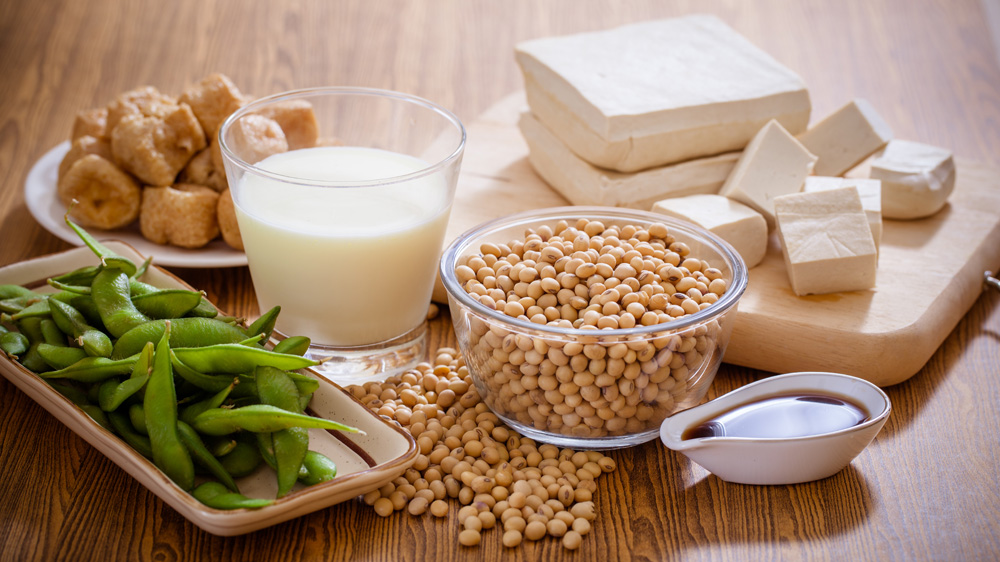The Manitoba Advantage in Soybean Production
Manitoba is an ideal location for growing soybeans, with production expanding to most regions of the province. The province produced more than 20 per cent of all soybeans in Canada in 2022, making it the third-largest producer in the country. In Manitoba, soybean meal and roasted soybeans are in high demand to supply feed to the growing hog industry. Due to the province's soybean production and commitment to increase biodiesel content from two to five per cent, a soybean-processing facility for oil and meal may be feasible.

Manitoba's Soybean Industry
- Soybeans are Manitoba's third most important crop in terms of seeded area and farm cash receipts. The province generated $716 million in revenue by cultivating soybean in 2022.
- Manitoba produced 963,764 tonnes of soybeans in 2021 with an average yield of 27.1 bushels per acre.
- In 2022, Manitoba harvested soybean on approximately 1.13 million acres of land, pushing production 37 per cent higher than the previous year to 1.32 million tonnes. Yields jumped by 59 per cent from the 2021 drought to set a new record of 43 bushels per acre.
- In 2023, soybeans were planted on almost 1.6 million acres.
- Manitoba exports the majority of the soybeans it produces. Exports of soybeans seeds were 596,559 tonnes worth $377 million in 2021. In 2022, exports of soybean seeds were worth $845 million.
- Domestic soybean production of specialized, high-quality, food-grade beans targets local and foreign markets, with Japan, Singapore and Malaysia being particularly important.
Industry Associations
Market and Consumer Trends
Soybeans generally contain 35 to 38 per cent protein. Because of its excellent protein content and digestibility, soybean meal is a highly valued protein element in animal feed, notably in hog, dairy and poultry diets. Food grade Identity Preserved (IP) soybeans are meticulously sorted and monitored throughout the manufacturing process before being utilized to make high-quality products like soy milk, tofu and miso. Soybeans may also be used to make industrial items like biodiesel and ink. Manitoba producers are seeking ways to boost protein levels in their crops in order to supply hogs with high-protein feed and increase extraction yields.
Soybean futures contracts traded on the Chicago Board of Trade are used to determine soybean prices. In 2022, soybean prices were $674 per tonne, more than 20 per cent higher than they were in 2021. Soybean prices have been significantly above historical norms since late 2020 due to strong demand and lower-than-normal supply numbers.
Manitoba market prices for grains and oilseeds can be found here.
Research
University of Manitoba researchers, including an agronomist-in-residence, are developing best management practices for soybean and pulse cropping systems through agronomic research, extension and training that optimize agronomy, profitability and sustainability for farmers in Manitoba and Western Canada. Agriculture and Agri-Food Canada Research stations in Morden and Brandon are researching pulse and soybean disease issues.
Contact
For more information about Manitoba’s soybean sector, email us at: mbproteinadvantage@gov.mb.ca.
